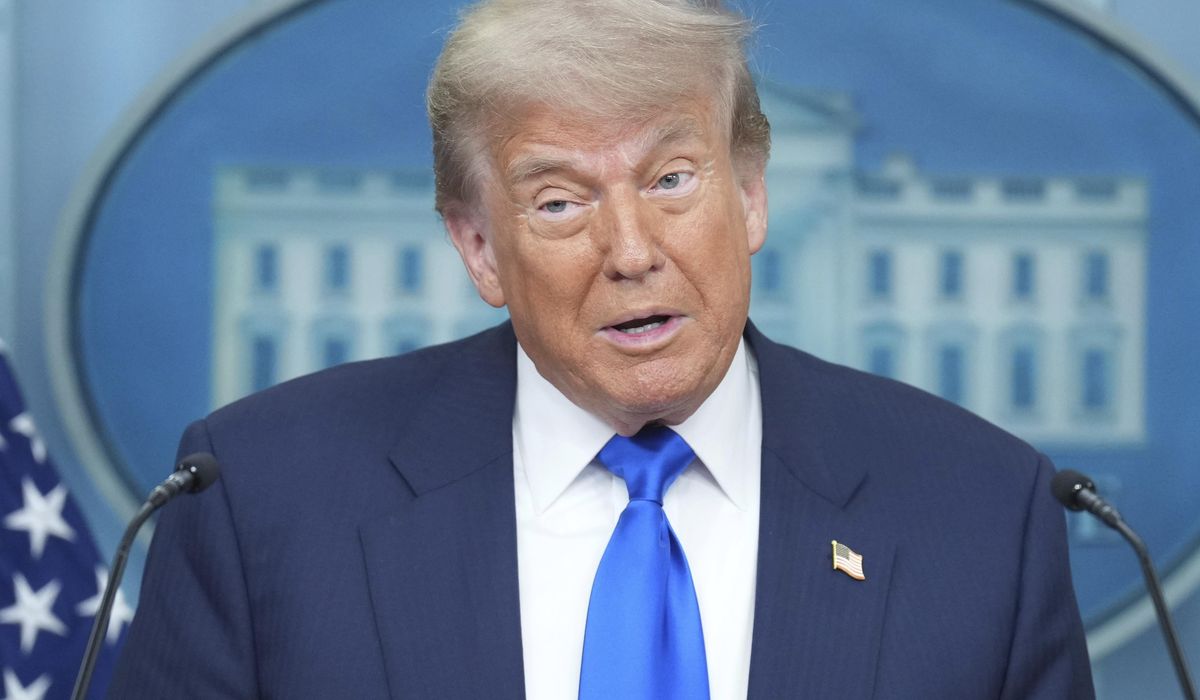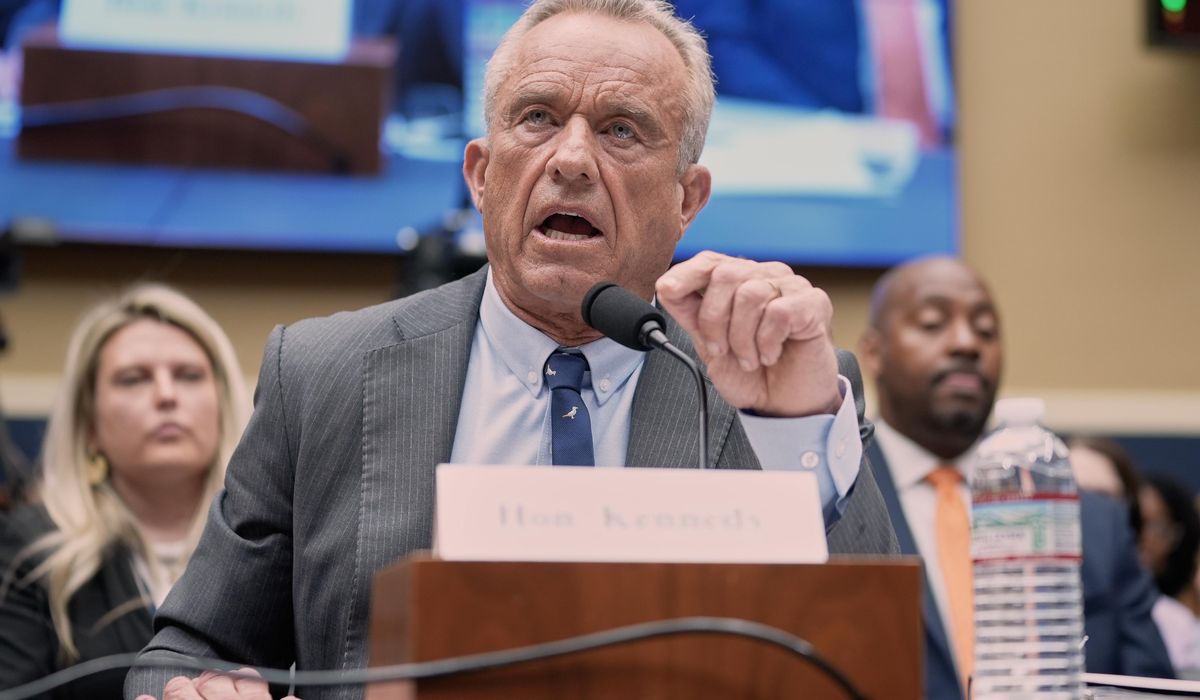ARTICLE AD BOX
Commerce Secretary Howard Lutnick said trade talks between the U.S. and China were going well as he entered a London mansion for the second full day of negotiations on Tuesday.
Mr. Lutnick stopped for the cameras and predicted another full day of talks between the U.S. and Chinese delegations after a long day on Monday.
“I expect to do all day today,” he said. “It’s going well and, you know, we’re spending lots of time together.”
Mr. Lutnick is joined in London by Treasury Secretary Scott Bessent and U.S. Trade Representative Jamieson Greer.
China sent Vice Premier He Lifeng to lead its delegation.
The two-day length of the negotiations underscores the complexity of the matters in debate, and “should not necessarily be interpreted to mean that the talks are in trouble,” said Wendy Cutler, a vice president at the Asia Society Policy Institute, a think tank in Washington.
“Negotiations take time and ironing out details is critical if any deal emerging from London is to stick,” she said.
The world’s largest economies are trying to resolve trade tensions that began with a tit-for-tat tariff war in April.
In particular, the U.S. wants Beijing to commit to exports of rare earth minerals that automakers and military contractors need for their products. One of the minerals, samarium, is used in heat-resistant magnets that are critical components of missiles and fighter jets.
China, meanwhile, wants the U.S. to drop high tariffs on their goods and export limits on semiconductors and high-tech technology to their companies.
“I expect that the two sides will strike a deal whereby Beijing expedites shipments for critical minerals and magnets to the U.S. in return for the U.S. relaxing certain high-tech export controls imposed in recent weeks,” Ms. Cutler said. “If indeed the U.S. agrees to move on export controls, this would be unprecedented as these matters have traditionally been off the table in trade talks.”
Unlike other countries that came to the negotiating table, China retaliated against President Trump’s “Liberation Day” tariffs by imposing hefty levies on U.S. goods in April, sparking a trade war.
A de-escalation meeting in May knocked down sky-high tariffs from both sides. The U.S. is charging a 30% tariff on Chinese goods, and China is putting a 10% tariff on American goods that cross its borders.
Mr. Trump says the tariffs are needed to recalibrate a trade relationship that resulted in a large trade deficit with China, meaning its export-heavy economy sends far more products to U.S. consumers than what China buys from American producers.
“China has been ripping off the United States for many years. Nobody charged them 10 cents, no president had the courage to charge China for whatever reason,” Mr. Trump said Monday during a White House business roundtable.

 2 weeks ago
19
2 weeks ago
19








 English (US) ·
English (US) ·